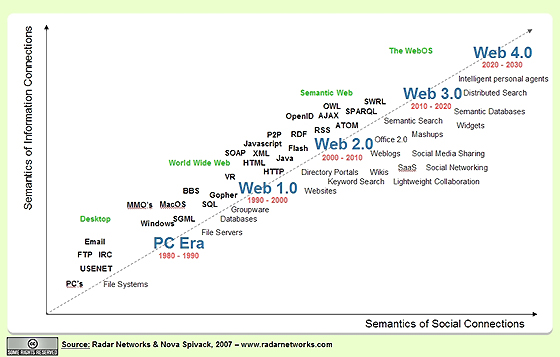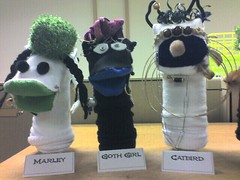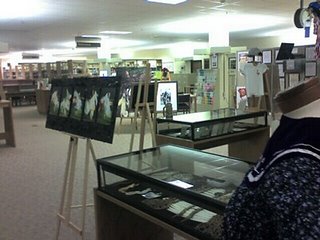Public libraries are famously proud of efforts to bridge the digital divide and create opportunities. But have we looked hard enough at our own house?
At a staff planning retreat, a staff member handed in an anonymous question:
How would I find out about available technologies that could improve library efficiency or service?
My answer is slightly painful: if you're an administrator a supervisor, with a computer on your own desk and some ability to structure your own time, you can learn lots of things readily. Subscribe to mailing lists, read blogs, look at the
Library Success Wiki, etc. If you are not among those so privileged, there are still journals to read and classes to take. As a manager, I'm both happy and obliged to point these out to any interested staff member and work to help them find training opportunities to meet their interests.
And yet, there are limitations on those who don't know what questions to ask, let alone where to look for answers. Library managers need to be proactive in making sure that a range of learning resources is available and their use is encouraged. In this context, one of our best resources is our library system. I know that our system (the Outagamie Waupaca Library System or OWLS) not only maintains an excellent, cutting-edge online catalog, but they provide great training resources for staff. They're cooking up some good technology training and I would like to encourage as many staff as possible to become involved. No matter what our future technology choices are, the more savvy our staff is, the better prepared we'll be to make those choices.
Our staff is our best & most costly resource; we need to make the most of it.
You must be the change you wish to see in the world.
- Gandhi






